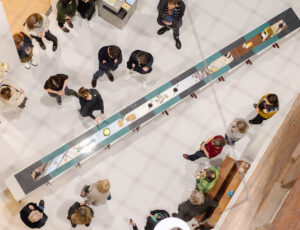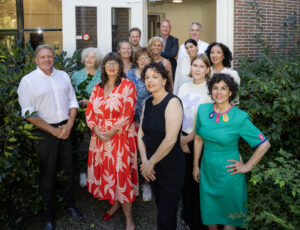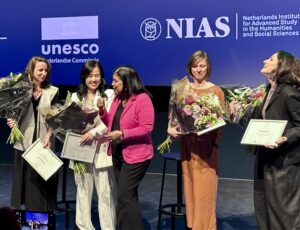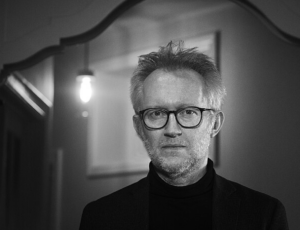What do remains of aubergine seeds, black pepper and ginger reveal about the ancient spice trade and the lives of those engaged in this trade? In a seminar on 22 March, archaeologist Marijke van der Veen will present some of the spectacular results from her archaeobotanical research at the Egyptian ancient port of Quseir al-Qadim.
Archaeologists are increasingly studying food and foodways as vital sources of evidence for exploring past cultures. The food remains discovered at the ancient port of Quseir al-Qadim are especially revealing, offering important information about the ancient spice trade and the food practices of those engaged in this trade. Quseir al-Qadim acted as a transhipment port in the Indian Ocean spice trade during both the Roman and medieval Islamic periods. It is located on the Red Sea coast of Egypt and was active between ca. AD 1-250 (Myos Hormos) and again during ca. AD 1050-1500 (Kusayr). The spectacular preservation conditions meant that food remains were found in abundance, including fragments of onion skin, citrus rind, aubergine seeds and banana skins, as well as many of the Eastern spices traded through the port, such as black pepper, ginger, cardamom and betelnut.
These remains are analysed under three overarching themes: trade, agricultural innovation and food consumption. The results show marked changes in the nature and scale of the Indian Ocean trade between the Roman and medieval periods, as well as a major shift in the way the inhabitants of the ports saw themselves and located themselves in the wider world. As such, the results underscore the importance of food in the dynamics of cultural identity and geopolitics.
The seminar will consist of two parts: first, the case study of Quseir, which Van der Veen will use to highlight the process of archaeobotanical research and to present some of the spectacular results, and, second, a progress report on her NIAS project (what happens to foods that are imported/introduced into a new region) and what issues that is throwing up.
About NIAS Seminars
NIAS Seminars are organisedby the Rector of the Institute. They are meant to appeal to interested parties from a wide range of backgrounds and are aimed to encourage closer contact within the Dutch academic world.
NIAS Seminars take place in the Lecture Room (NIAS, Meijboomlaan 1, Wassenaar, telephone 070-512 27 00) at 11.00 hours. Everyone is welcome to attend the seminar and join the discussion. However, since changes in the programme may occur, please let us know if you wish to attend. For further information, contact Communication.



